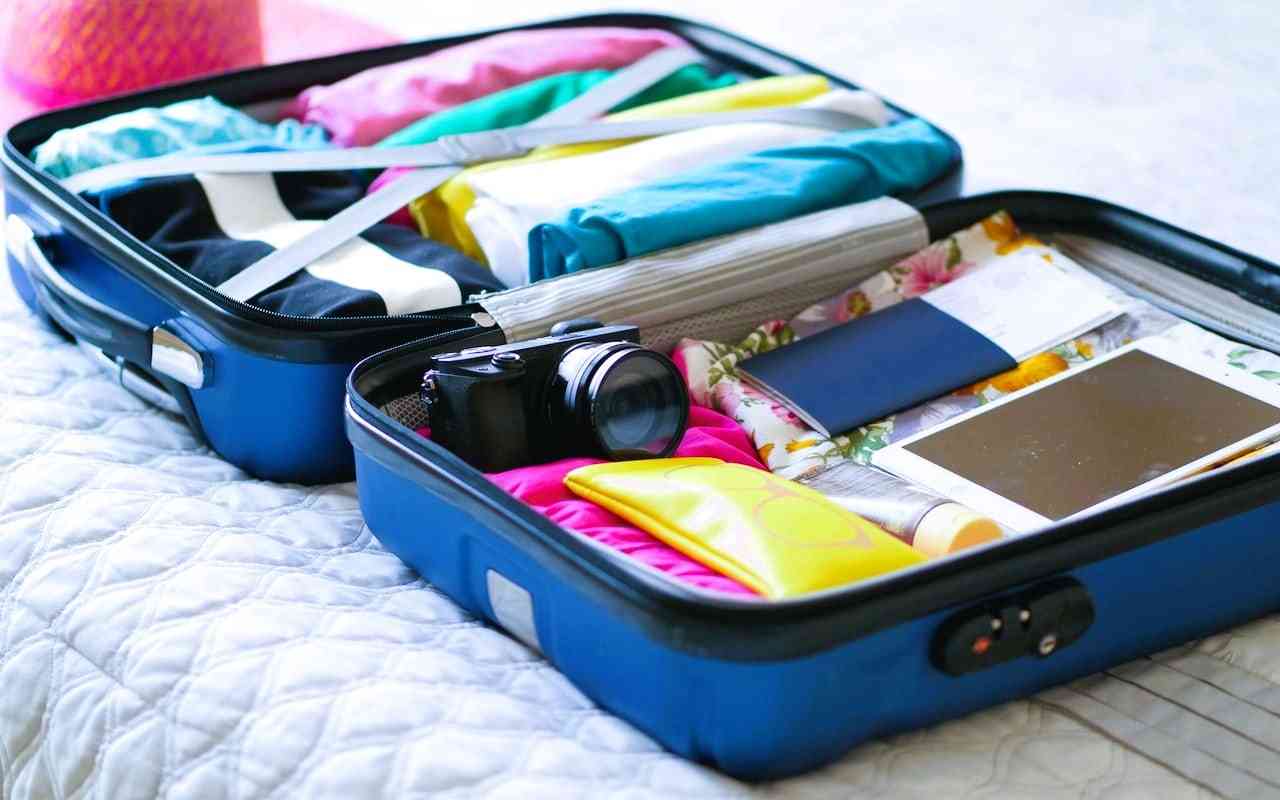
Everyone deserves the chance to travel and see the world. There’s a lot to see and do, and the memories you make can fill you with happiness for years to come. In 2023, no disability, either mental or physical, should hold you back from the invaluable skills and experiences gained by traveling.
If you are a person with a disability who wants to travel but you are afraid you may not be able to enjoy yourself like everyone else, then we are here to help. Here are five ways you can have an amazing trip while getting the support you need along the way.
1. Understand what you need to successfully travel with a disability.
The first thing to know about traveling with a disability is that you are not alone. Studies show that one in four adults has some form of disability in the United States, and many people in that category still enjoy life and find time to travel. In fact, many vacation spots and tourist locations are catching on, and many of them are making their destinations more accessible.
These companies know that accessibility is important in tourism because they don’t want to alienate anyone who may pay to stay at their hotel or visit their attractions. Many businesses are also eligible for a tax credit if they make ADA-compliant upgrades. While some might argue that businesses should do this out of the goodness of their heart, the fact of the matter is that while they benefit, you also benefit.
The most important thing you need to do is to know what you need ahead of time and ask the establishment if they can accommodate you before purchasing a plane ticket. If you have a physical disability, you may need a wheelchair ramp, elevators, and wide doorways. If you need braille menus or audio guides, check on that as well. Find the destinations that have what you need, and you can enjoy your stay that much more.
2. Know how to find medical care while traveling.
It is essential that you take the time to plan before you leave for your destination. One of the most important tasks is to ensure you have travel insurance that includes medical coverage. Also, research where to get medical care if you need it. If you are traveling within the United States, check for the location of hospitals and urgent care facilities near your destination. Keep in mind that by law, insurance companies must cover emergency room visits wherever you go.
Traveling abroad is a bit different, but you can still get the care you need with proper research. Look for the locations of government-funded hospitals and read reviews to find the best one near where you will be staying. If you have any trouble while you are out and about, visit the U.S. Embassy in your area, and they can provide guidance.
3. Pack your disability-related supplies and other items properly.
When traveling with a disability, start creating your packing list a few weeks before you leave for your trip, and add things as you remember them. In addition to your clothes, camera, and gadgets, remember to bring anything that you use or need in connection to your disability. US-based airlines are not allowed to charge baggage fees for medical equipment, so place those items in a separate bag or bags.
Bring your pill organizer, necessary medication, and, if you have one, a letter from your healthcare provider that describes your medical condition if it is difficult for you to explain. If you typically use a wheelchair, you will need to decide if you should bring it or borrow one at your destination. In many cases, the airlines are required to provide a wheelchair or other reasonable accommodations to help you board and deplane. You can also call your hotel to ask if they provide assistance in this area.
4. Learn methods to cope with mental illness on your trip.
If you have a mental or psychiatric condition, you also deserve to have an enjoyable vacation. The steps you take can depend on your situation. If you have an anxiety disorder, research your destination ahead of time to identify any triggers that could put a damper on your trip. If you have a different mental condition and are unsure of how to make the most of your travel, talk to your healthcare professional, and they can provide essential guidance.
Those who live with depression also need to find a way to make the most of their travels. One way you can enjoy your time is by ensuring that you drink enough water and get out in the sunshine, as natural light can do wonders to improve our mood. It is also a good idea to plan all of your activities ahead of time so you know what to expect and you aren't met with any sudden disappointment. Whatever you do, don’t let anything hold you back from having the best time possible.
5. Don’t be afraid to speak up if you need something while traveling with a disability.
If you travel to your destination and find that they don’t have what you need, you should speak up for yourself. Ask an employee to help you out. If you need braille reading material or you are in a room next to a loud party, and it is causing you stress or harm, then approach an employee, and be clear, polite, and direct as you make your request.
If you know that your request is reasonable and that they are able to assist, but they don’t do so in a timely manner, then persist and be the squeaky wheel. If they are unable to comply, look up a new destination that may be able to provide what you need.
These are several important steps you can take to ensure safe and enjoyable travel with a disability. Consider what we have discussed here, and we wish you the best on your new adventure.
Do you have tips for traveling with a disability?
Share them with our safe and supportive disability community in the comments!
Photo by Kindel Media on Pexels
Charlie Fletcher is a freelance writer living in the pacific northwest who has a variety of interests including sociology, politics, business, education, health, and more.







